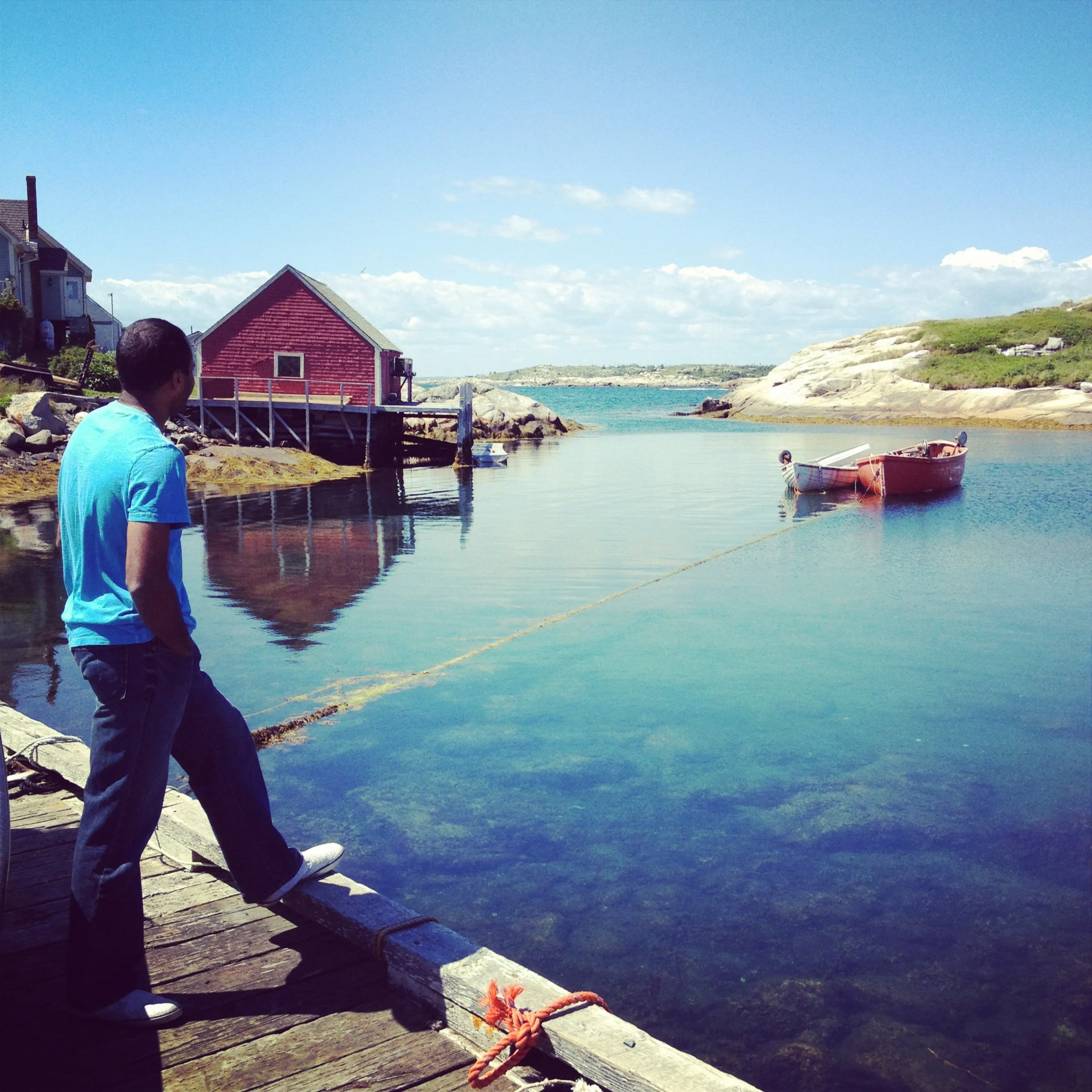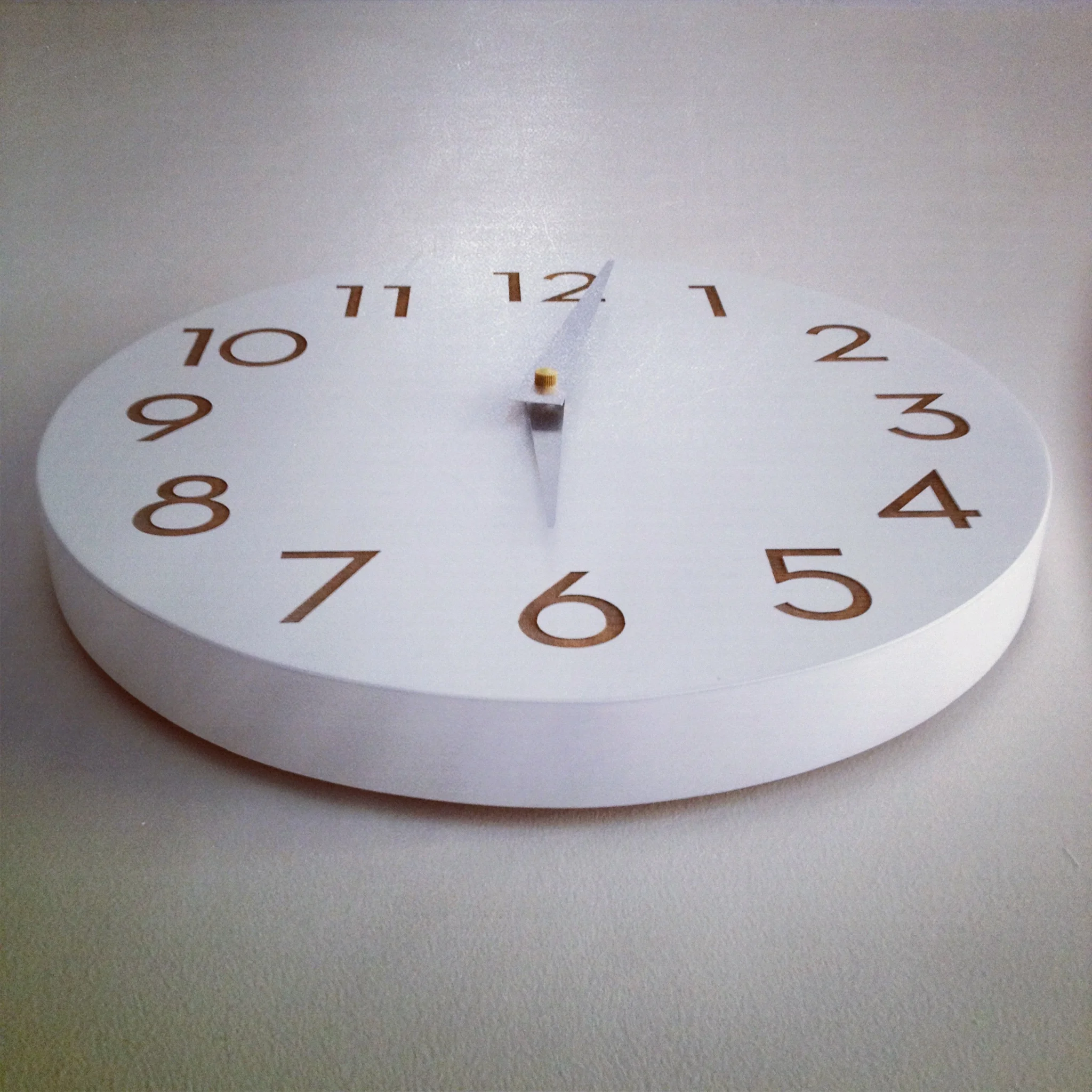It has been six weeks since I last wrote this way. It almost feels new again.
Before you go any further, I want you to know something about this post. This post doesn't really have anything to do with digital marketing at all. It has everything to do with shipping.
Peggy's Cove, Nova Scotia.
I am writing this because I want to ship something; ironically, I am writing this because I want to tell you what it feels like to not ship something.
Many weeks ago, I started something new. This newness has: taken up much of my mental space, brought me joy and has also given me a justification to not ship something on this blog. The conversation in my head says, "Well you are now shipping a lot of new things elsewhere, so that's great! Focus on those. The blog can wait."
The most dangerous thing about not shipping something is that over time, that feeling of uneasiness that you have in the beginning starts to fade away. The urge dies. You become comfortable with this new norm.
We should never let time get the better of us. Time should never rob you of the chance to show the world something it hadn't seen before. The feeling of uneasiness that comes when you haven't done something in a while (In my case shipping something on this blog, in your case ... whatever you can equate), take it as a sign from within your gut saying ...
Do something.
There are plenty of things that could hold you back, most of which are probably rooted in fear but understand that certain things are hard ... only if you make them so. In my case, writing this post has been difficult simply because I have forgotten a little bit about what it feels like to write. Seth Godin equates writing to speaking. Imagine not saying a word for six weeks.
Despite how hard it has been to write this, the main idea driving this post is the same one that has driven and will continue to drive every post on this blog (please apply this to your own situation):
By shipping something, you are sharing something that did not exist before. In doing so, you are creating new possibilites and opportunities for the world around you.
Let this knowledge be the fuel for you to overcome the uneasiness, satisfy the urge, not get comfortable with your new norm ... and just ...









